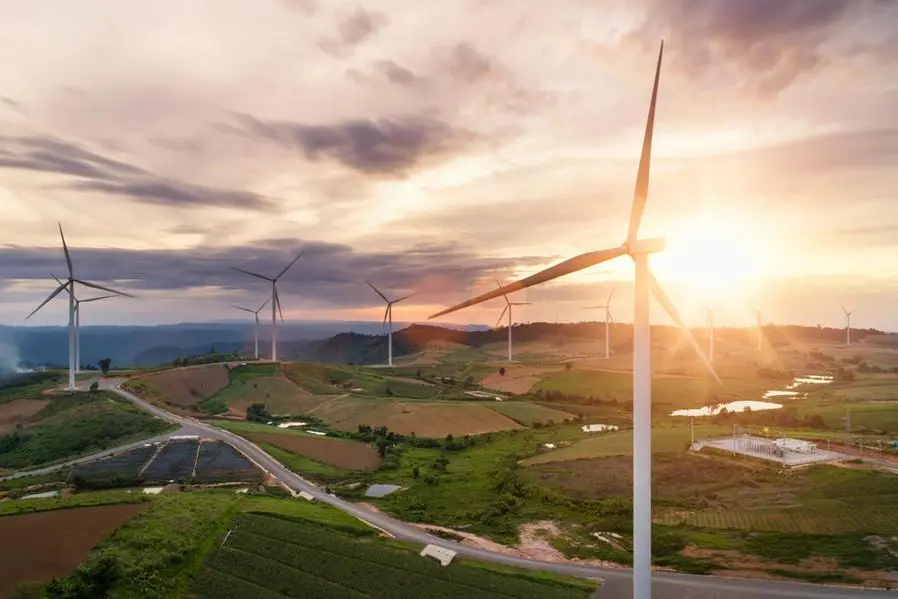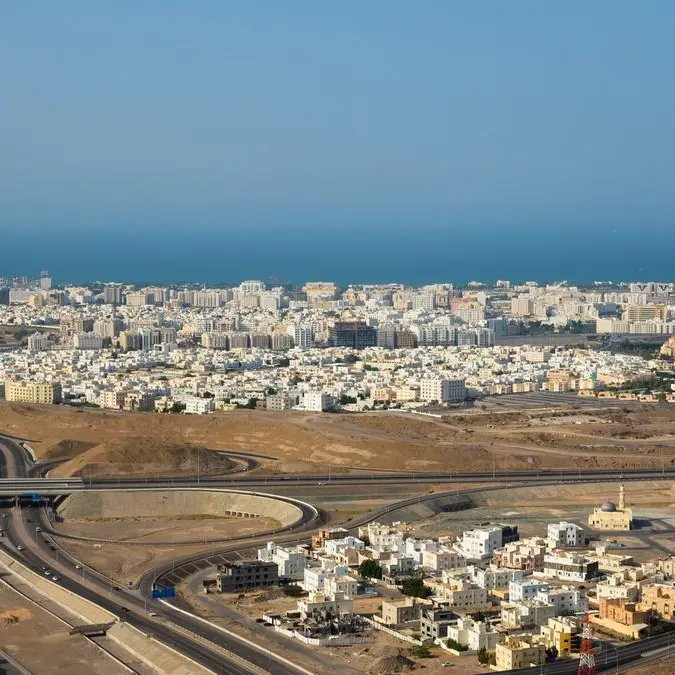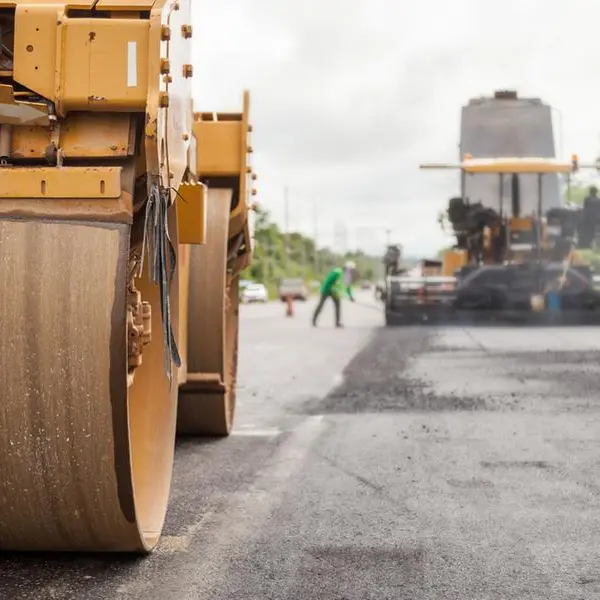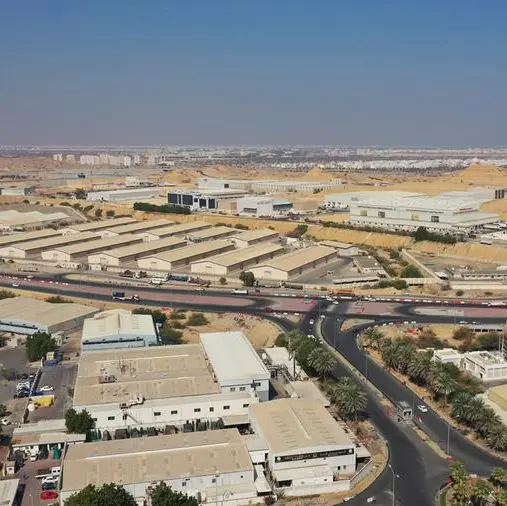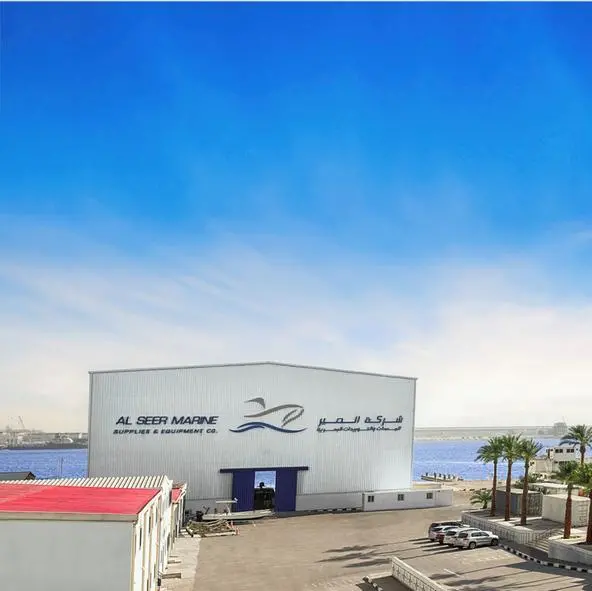PHOTO
Egypt has huge potential for large-scale Carbon Capture and Storage (CCS) projects that will help reduce emissions and support the development of low-emission industries, including clean hydrogen production, a study conducted by The Global CCS institute and Oil and Gas Climate Initiative (OGCI) has concluded.
“Egypt possesses significant onshore storage capacity in saline aquifers, allowing for CO2 storage without costly offshore infrastructure. The CCS hubs would significantly bolster Egypt’s climate change commitments – ultimately contributing 100 Mtpa (Metric tonnes per annum) of reductions – reducing Egypt’s emissions an additional 25 percent from its stated goals in its NDC (Nationally Determined Contribution) and climate strategy and putting the country much closer to a CO2 pathway fully compatible with the long-term Paris Agreement goals”, the report revealed.
The study covered all elements related to policies, regulations, storage capacity, economics and hubs potential.
The CCS hub infrastructure can help develop clean hydrogen or low carbon cement by capturing and storing CO2 in cement production, the report noted.
Two CCS hub models were considered for the study - a pipeline transport model utilising existing infrastructure and a local hub model with storage near compression sites. Costs for the full CCS value chain - CO2 capture, compression transport and geological storage- were analysed.
“The pipeline CCS hub cost was estimated at $85 per tonne of CO2, while the costs of local CCS hubs ranged from $53-150 per tonne of CO2, offering potential benefits with fewer pipelines and lower compression costs. The cost of clean hydrogen production at Damietta, part of a CCS hub, was estimated to be slightly over $2.25 per kg,” the report revealed.
Lower costs of capital, electricity and CO2 injection can further reduce hydrogen production costs, the report noted. In addition, the analysis emphasised the importance of early development and supportive policies for CCS projects in Egypt to effectively manage CO2 emissions and support the country’s net-zero strategies.
(Writing by Sowmya Sundar; Editing by Anoop Menon)
Subscribe to our Projects' PULSE newsletter that brings you trustworthy news, updates and insights on project activities, developments, and partnerships across sectors in the Middle East and Africa.
